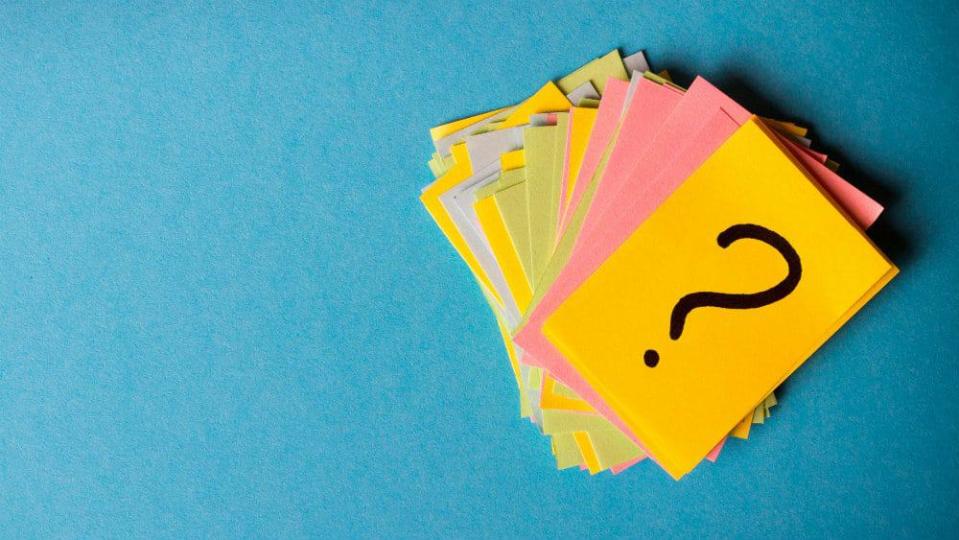Why Is the World’s Largest Brewing Company Now Coming to Market With Its IPO?

The world’s largest alcoholic brewer by volume Anheuser Busch Inbev NV (NYSE:BUD) has announced plans to come to the market with an IPO (“initial public offering”) that could ultimately be the biggest of 2019.
It could be even bigger than Uber Technologies’ (NYSE:UBER) recent IPO, which was successful in raising over US$8 billion for the new but very popular ride-sharing organization.
But why would the world’s largest brewing giant even be considering an IPO in the first place?
It’s a good question, but one that is actually a bit complicated in that several factors have likely contributed to management’s latest decision to divest and sell a significant part of their company.
For starters, BUD is currently dealing with a bit of a bloated balance sheet, and some believe that it’s beginning to cause problems for the company’s longer-term flexibility.
At the end of 2018, the AB InBev owed creditors more than US$100 million in debt, an even more whopping sum in light of the fact that it only owns a little more than US$18 billion in current assets and only US$26 billion in tangible long-term assets.
Granted, BUD was able to generate sales of more than US$54 billion and net profits of more than $4 billion last year, but the fact remains that all of those profits (and then some) promptly left the company, being returned to shareholders via BUD’s annual dividend that cost more than US$7.5 billion in 2018.
It’s therefore hardly surprising that the company’s board of directors made the decision to slash its annual dividend by half during the fourth quarter, yet there are still larger problems looming in its North American beer division.
Sales have slumped in North America over the past few years due to a number of persistent headwinds.
Meanwhile, its Asia-Pacific region has continued to outperform, including 8.3% sales growth in China last year.
But there is some hope that by listing its Asian-Pacific business on the Hong Kong exchanges that it could eventually lead to further M&A activity in the region should the brewing powerhouse seek to expand its share of the market.
While optimists may focus on the opportunity in the fast-growing Asian beer markets, the timing of BUD’s prospective IPO is notable for one other reason.
It’s certainly not a coincidence that AB Inbev – and Uber – have chosen now to come to market with their IPOs, effectively looking to sell a stake in their respective businesses while the stock market sits at its current all-time highs.
A stronger stock market means higher valuations for publicly traded companies, and it certainly appears that companies such as Uber and BUD are looking to cash in – quite literally.
Foolish bottom line
But that doesn’t mean that AB Inbev’s IPO isn’t without its own merits either.
Unlocking value by offering shares in its faster growing, more appealing Asian business only makes sense if it helps to stabilize the company’s older, more mature North American segment.
But personally, I’m sticking with the appeal of BUD’s smaller but more nimble competitor, Molson Coors Brewing Co (TSX:TPX.B)(NYSE:TAP).
Molson, the world’s third-largest alcoholic beverage maker, also happens to be dealing with a bloated balance sheet.
However, rather than selling a part of its business to pay down the money it owes creditors, it has instead been retiring its outstanding financial obligations from the cash its able to generate internally.
Longer term, I tend to believe that’s a much more sustainable approach to running a business — and one that I can certainly be happy to raise a glass to — making the world smarter, happier, and richer.
More reading
Retirees: Create Your Own Pension With These 3 CPP-Approved Investments
As Bitcoin Goes Ballistic Again, Here’s a Ticket to Crypto Millions
1 Top Cannabis Stock to Buy Instead of Canopy Growth (TSX:WEED)
TFSA Investors: 3 Rock-Solid Dividend Payers Yielding up to 7.7%
Fool contributor Jason Phillips owns shares of Molson Coors Brewing.
The Motley Fool’s purpose is to help the world invest, better. Click here now for your free subscription to Take Stock, The Motley Fool Canada’s free investing newsletter. Packed with stock ideas and investing advice, it is essential reading for anyone looking to build and grow their wealth in the years ahead. Motley Fool Canada 2019

 Yahoo Finance
Yahoo Finance 